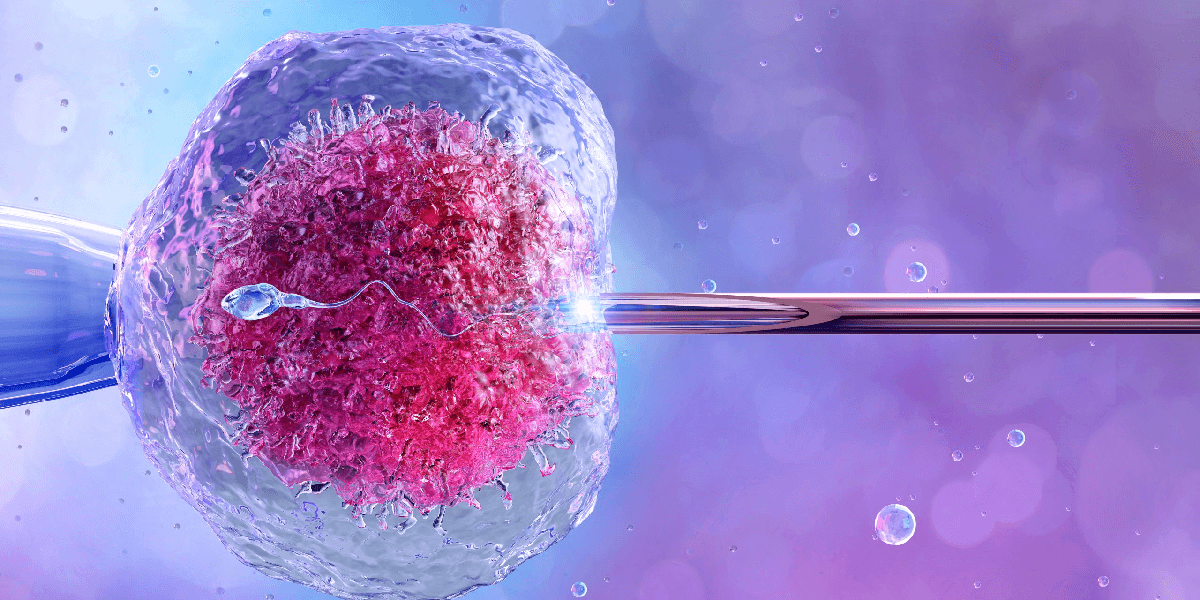© Copyright 2018. All Rights Reserved.
A brief introduction
As medical technology has advanced, couples struggling with infertility have gained new options. Many couples who face difficulties conceiving naturally have turned to in vitro fertilization (IVF) as an effective method of starting a family. What are the best times to consider IVF? The purpose of this blog is to provide you with information about the factors that may make IVF a good choice for you and your partner.
IVF: A comprehensive understanding
A laboratory procedure for fertilizing an egg outside the body with sperm is in vitro fertilization. In order to increase a woman's chances of becoming pregnant, fertilized embryos are implanted in her uterus as soon as they are developed.
1. Blockages of the Fallopian Tubes :
If a woman's fallopian tubes are blocked or damaged, natural conception is impossible. Fertilized embryos are directly implanted into the uterus during IVF to circumvent this obstacle.
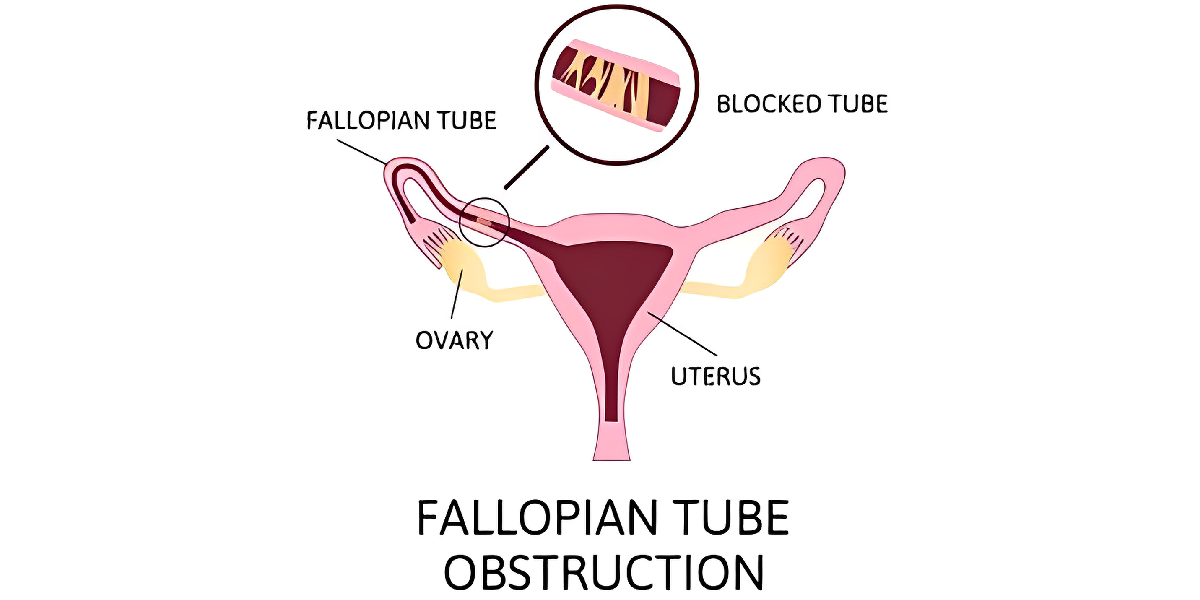
2. Infertility in men:
IVF can overcome infertility in men when their sperm count is low, their sperm motility is poor, or they have other fertility issues. A healthy and viable sperm can be selected for fertilization.
3. Experiencing unexplained infertility:
Infertility can occur without an identifiable cause in some cases. In cases of infertility, IVF offers a way forward by providing a controlled environment for fertilization, which increases the likelihood of success.
4.Advancing Maternal Age:
As women grow older, their fertility decreases. If you are experiencing difficulties conceiving naturally after the age of 35, IVF may be recommended.
What is the best time to consider IVF?
Taking all other options into consideration
To decide if IVF is right for you, it's important to explore other less invasive treatments, such as medication, intrauterine insemination (IUI), or surgery, depending on your particular cause of infertility. When these alternatives fail to deliver results, IVF is typically recommended.
Medical Conditions Underlying the Issue:
The effects of certain medical conditions, such as endometriosis and polycystic ovary syndrome (PCOS), can have a significant impact on fertility. Consult a fertility specialist if you suffer from any of these conditions to determine whether IVF is right for you.
Factors affecting fertility with age
Fertility is strongly influenced by age. There is a finite supply of eggs available to women at birth, and this supply diminishes as they age. After six months or a year of trying to conceive without success, IVF may be the right option for you if you're over 35. The longer the natural treatment period (up to 12-18 months) for women under 35 may be acceptable before opting for IV therapy.
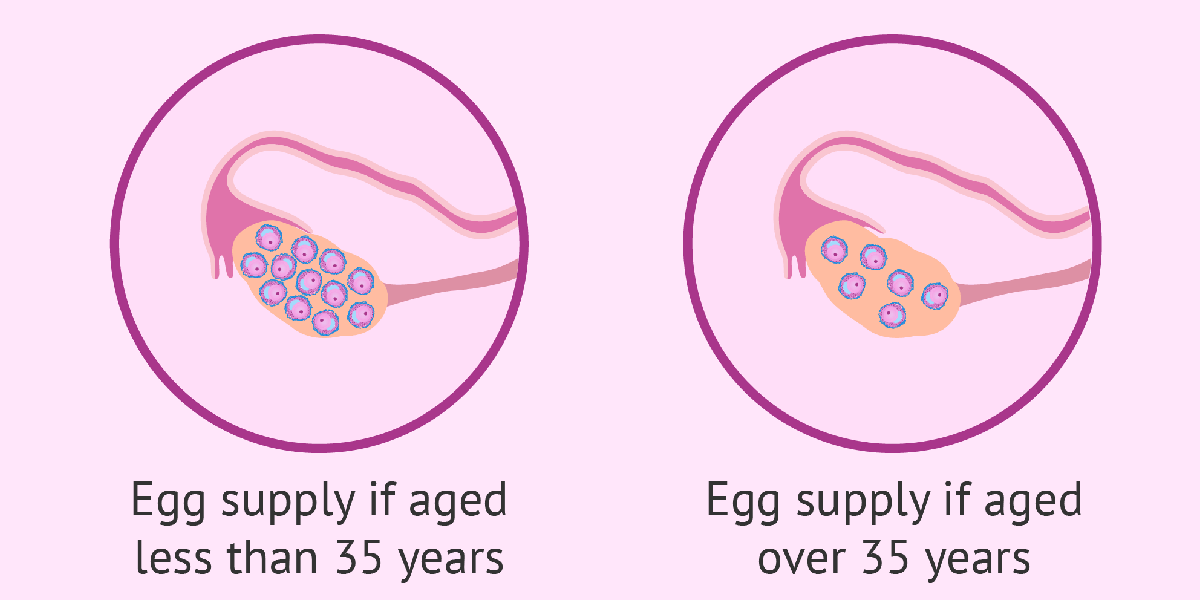
Recurrent Miscarriages:
Pre-implantation genetic testing is available for couples experiencing multiple miscarriages in order to identify any chromosomal abnormalities at the embryonic stage.
The severity of Endometriosis:
A painful medical condition, endometriosis affects millions of women worldwide. The condition is characterized by the growth of tissue similar to the uterine lining outside the uterus, which can produce symptoms such as severe pelvic pain, heavy menstrual bleeding, and difficulties conceiving.
Scarring and inflammation caused by endometriosis impair fertility. Pregnancy can be more likely to be successful with IVF as it helps bypass these challenges.
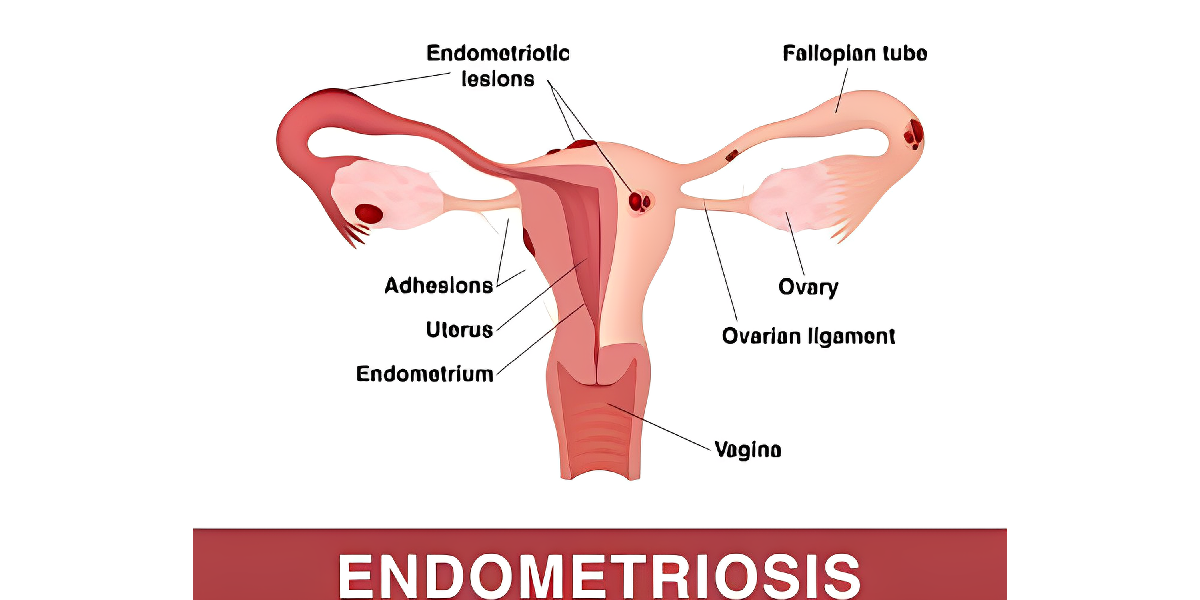
Couples of the same gender :
IVF allows two partners of the same sex to participate in the pregnancy, with one providing the genetic material, while the other carrying it.
Pre-implantation Genetic Testing:
Pre-implantation genetic testing can be conducted during IVF if one or both partners carry a genetic disorder that threatens to pass down to the child.
People who are single:
Reproductive technology can also be used by singles who wish to become parents, either by using their own genetic materials or by using those of a donor.
Previously Unsuccessful Fertility Treatments:
Infertility treatments that haven't worked may be considered by couples who have already failed other fertility treatments. IVF may be the best option for you if other fertility treatments have not been successful in conceiving.
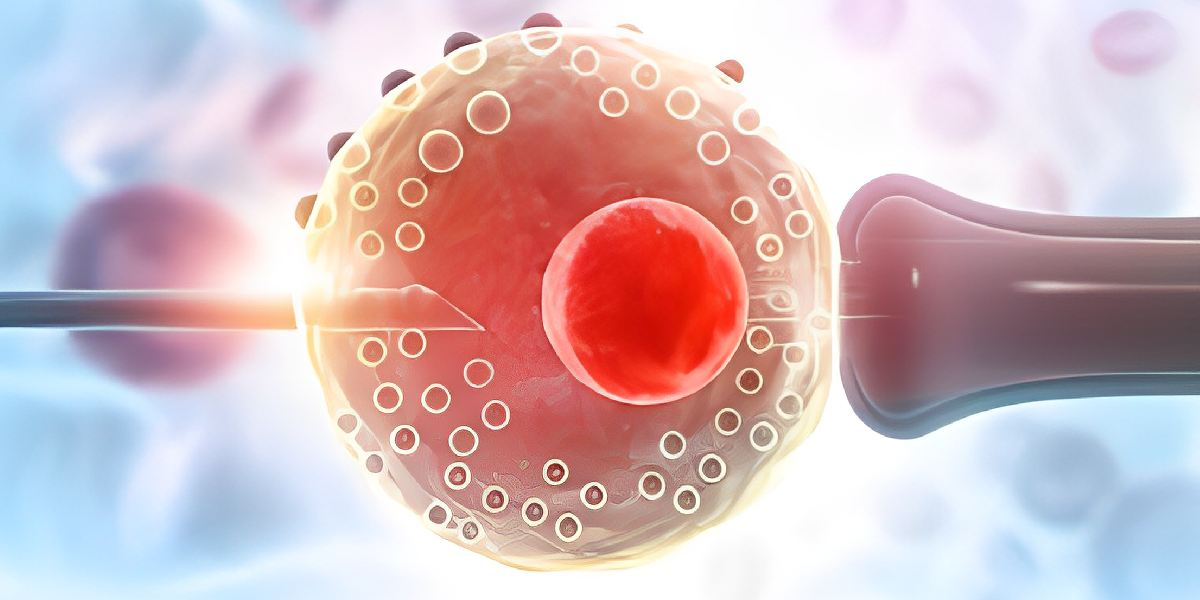
The final conclusion
There are many individuals and couples facing infertility who can benefit from IVF, which is a powerful and versatile fertility treatment. Some people may find it the best option when they face particular challenges and circumstances, but it is not always the first choice.
Getting advice from a fertility specialist is essential if you're considering IVF. They can determine how to approach your unique situation. You should seek support and understanding from healthcare professionals and loved ones during IVF since it is a medical procedure and an emotional journey.

To determine whether IVF is a good choice for you, you should carefully consider your individual needs, preferences, and medical advice. You can create a loving family with IVF with the right information and support.
Recent Post
-

Intrauterine insemination (IUI) Success Tips: Enhance Your Fertility
-

The Connection Between HCG Hormone and Pregnancy: Explained in detail
-

Conquering Asthenozoospermia: Strategies for Male Fertility Success
-
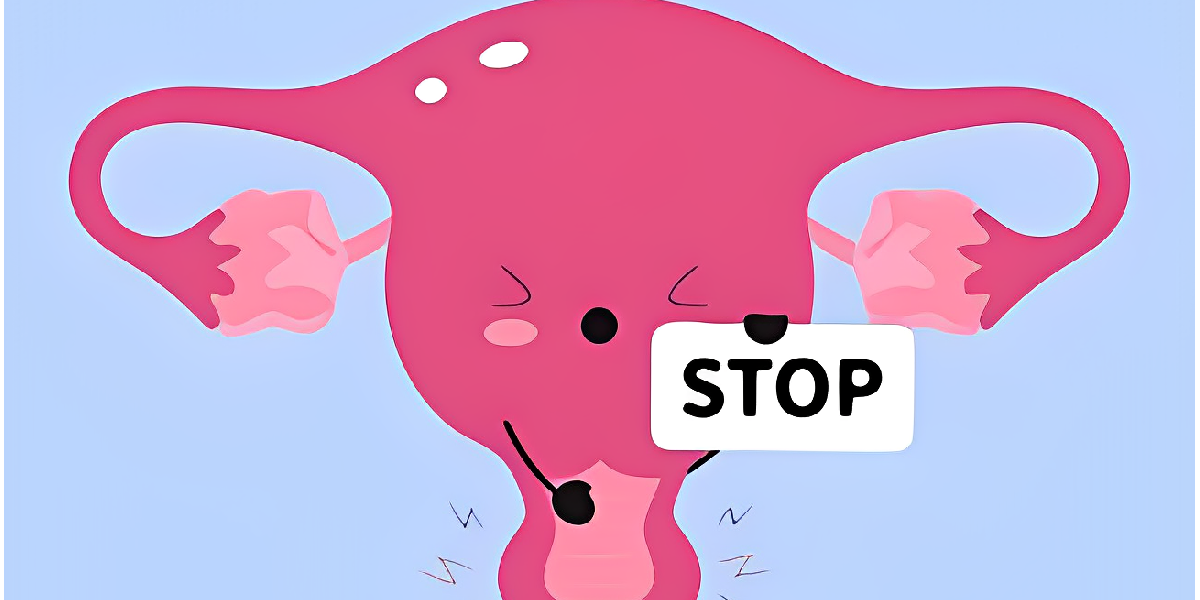
Embracing Sensuality with Vaginismus: Strategies and Support
-

Understanding Endometriosis: Symptoms, Causes & Management | Guide





